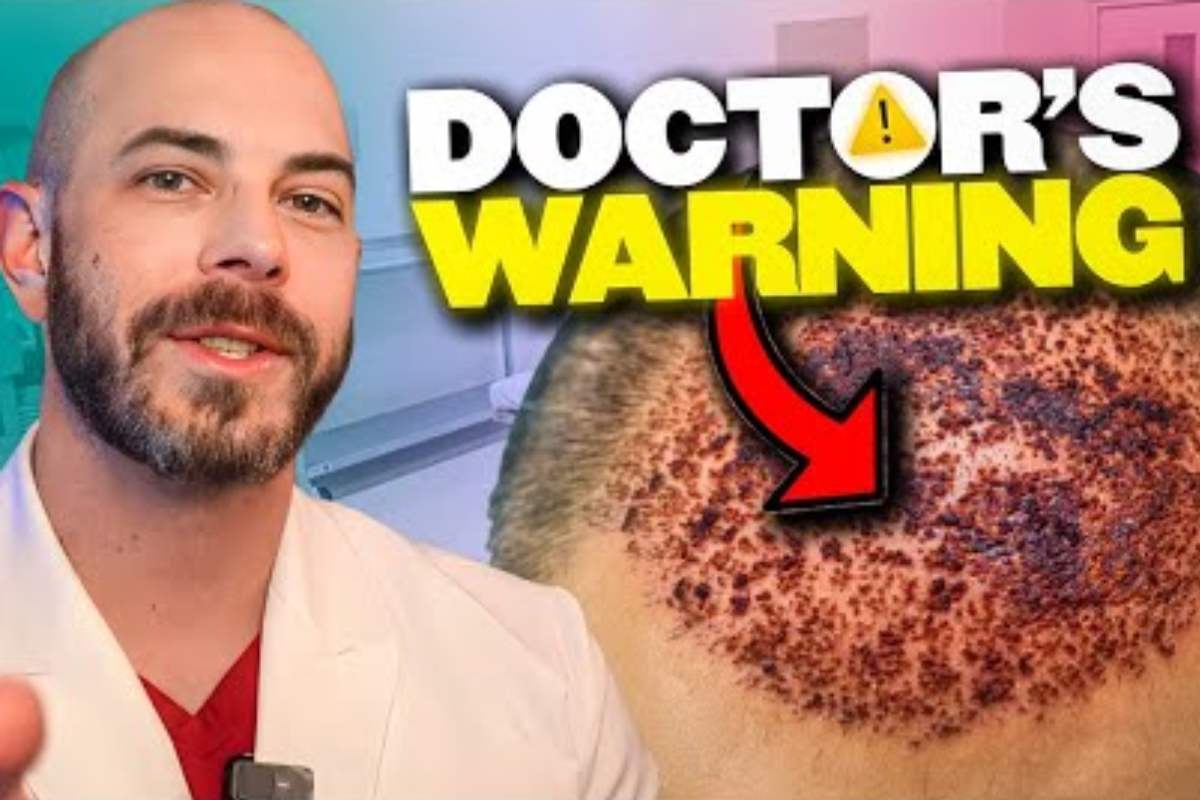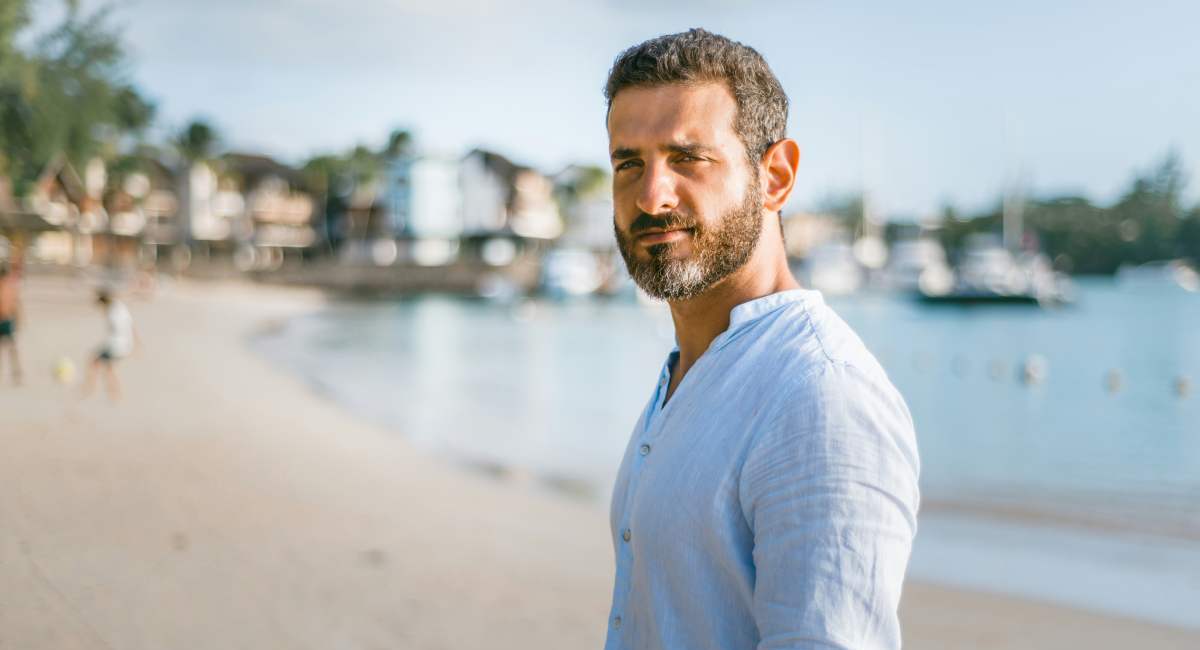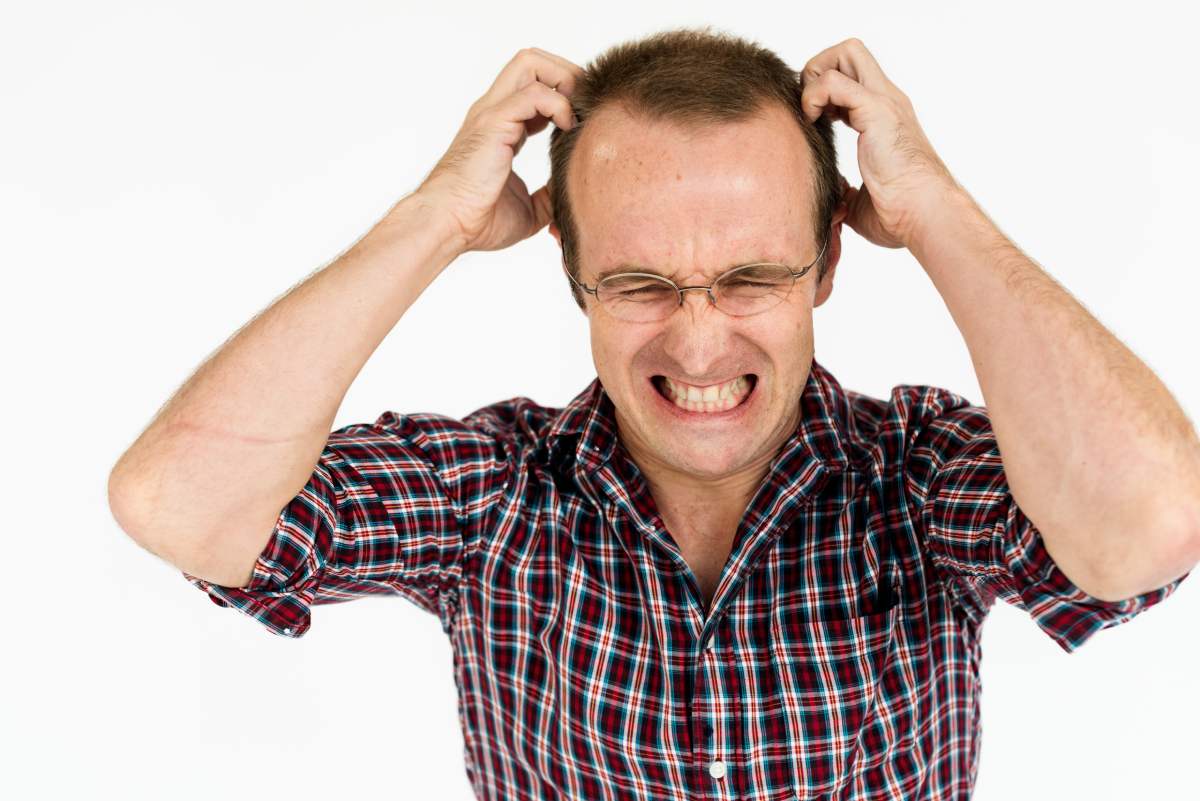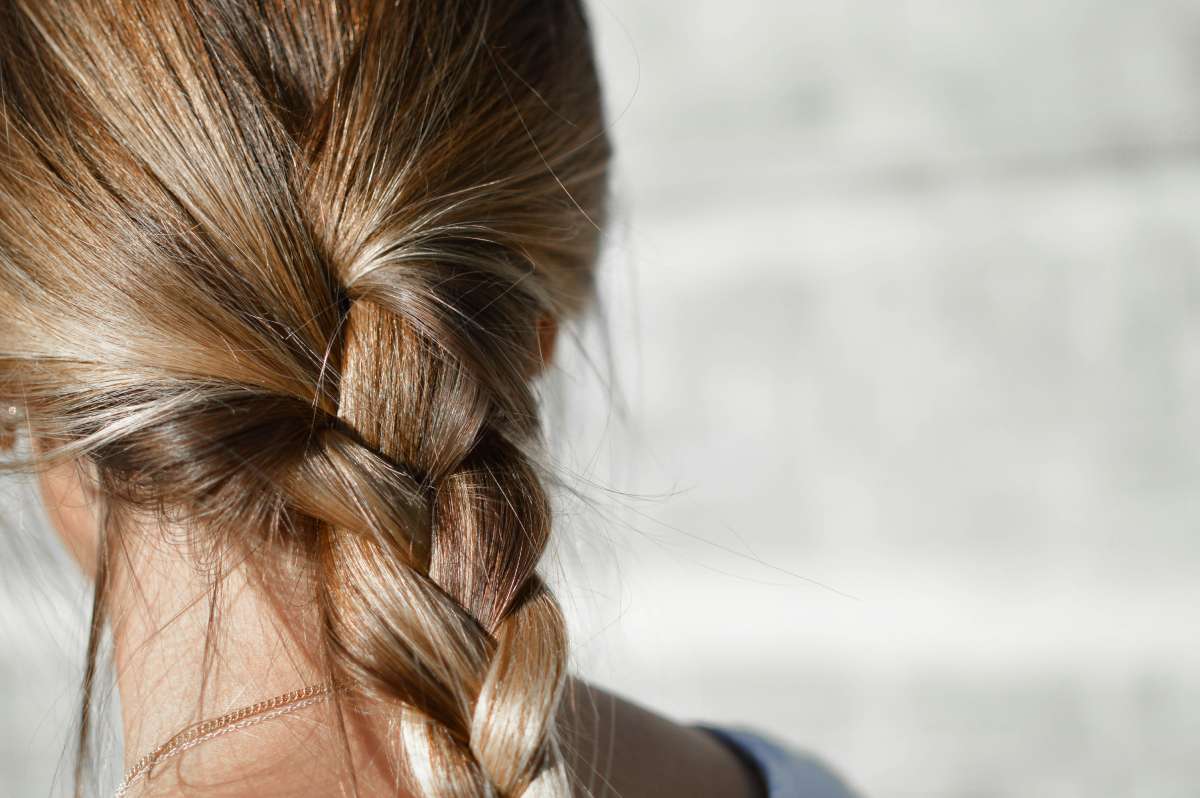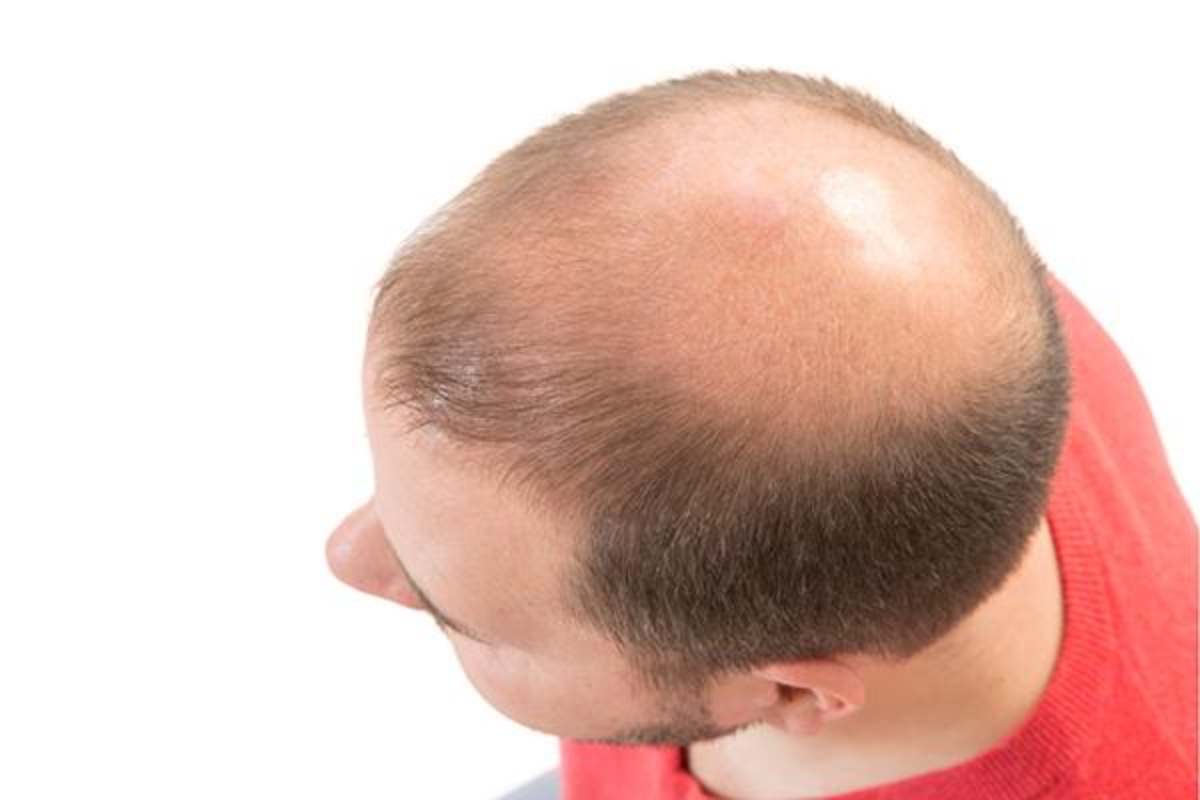Few parts of our daily routine feel as incredible as a freshly washed mane. The smell of shampoo. The impeccable shine. The sense of peak cleanliness. It really is hard to beat a good scrub.
But believe it or not, many consider washing your hair more than a once or twice a week actually detrimental to overall hair and scalp health. That’s a surprising conclusion for those who grew up with the habit of a daily shampoo.
So, how often should you be washing your hair? With experts saying everything from daily, to weekly, or even never, what is that magic number?
Honestly—it depends. We know that’s a less than satisfying answer, but it’s the truth. Let’s dig into why there’s no hard and fast rule to washing your hair, and how you can find out what works best for your own locks.
How Does Shampooing Affect Your Hair?
How could something as straightforward as shampooing your hair cause controversy? Likely because everyone’s scalp is different, and those hair care gurus want to claim that they know the key. However, the simple truth is that what works to perfection on one head might cause flurry of dandruff on another.
Unless you have excessive grease, it is unlikely that you should be washing your hair everyday—though most experts suggest much more than never. We all know how satisfying a good shampooing is, but the fact is that it actually strips the natural oils required for a healthy scalp. This leads to dry, fragile hair that’s more brittle and susceptible to breakage. Essentially, while shampooing does take away that dirt and grime, it also takes away all the good stuff that your head craves.
For optimum hair health, our hair actually needs those oils. Without it, our skin and hair would be dry and flaky; natural oil keeps your scalp and mane happy.
The Science of Shampooing
That stuff we typically know of as oil and grease is actually called sebum. Gross as it may be, sebum has a very important purpose. Eliminating it from our scalps severely dries it out and increases the chances of excessive flaking, brittle hair and breakage.
Biologically though, we are all different. Some people produce less sebum than others. Also, the texture and thickness of your hair can greatly affect this greasiness. Thick, curly hair will suck up that sebum like a sponge, which often means fewer washes. On the flip side, thinner, straighter hair means less places for that sweat and grease to hide, so more shampoos are often necessary to keep the hair from appearing greasy.
And what’s with all the hype surrounding sodium lauryl sulfate and sulfate-free shampoos? Essentially, sulfates are detergents that create those fluffy shampoo suds, lathering up your scalp and getting your hair a thorough, deep clean.
Recently though, celebrity stylists and beauty blogs alike have maligned the use of any sulfates in haircare products connecting them to everything from hair loss to cancer. However, there is zero scientific evidence backing up any of these claims. Most dermatologists consider the controversy surrounding sulfates highly overblown.
We’ll dive deeper into the sulfate debate in an upcoming blog, but in short—most skin, hair, and scalp types don’t require those expensive, sulfate-free shampoos for optimal health. Though some people with certain sensitive skin conditions may benefit from sulfate-free shampoos, always check with your dermatologist first to ensure optimal treatment.
What’s the Verdict?
For most people, a good shampoo every 2–3 days is ideal. Of course, you should test out different time spans to see what looks and feels best for you. When switching from washing your hair everyday to every 3 days, it may take some time for your hair to adjust. Give it a couple weeks before deciding that you’ll need a more regular shampooing—or that you can even spread that time out longer.
However, if you work out strenuously or sweat heavily, you may in fact need to shampoo more often. Do keep in mind, shampoo should be concentrated at the scalp, whereas, conditioner should be applied starting with the ends of your hair.
Also, don’t think skipping a shampoo means skipping the shower altogether. It’s only the shampoo you should avoid daily. The rest of your body can usually handle daily washes without a problem. Daily conditioning—especially at the ends of your hair—can help maintain an optimal amount of moisture.
If you’re determined to cut down on washing your hair, but just can’t get over the extra greasiness, try out a dry shampoo. Instead of washing away all those healthy, natural oils, a dusting of this powder soaks up any excess sebum build-up. It’s a perfect solution for those “in-between” days.
Does Excessive Shampooing Lead to Hair Loss?
Barring some rare, severe allergic or chemical reaction—the answer is no. Shampooing at any frequency won’t lead directly to permanent hair loss. Humans lose approximately 50–100 hairs each day, according to the American Academy of Dermatology, so those hairs you see in the shower drain have likely fallen out naturally.
Rather than blaming your shampoo, genetics are primarily at play when it comes to typical male pattern baldness, or androgenetic alopecia. It’s also possible that you’re experiencing temporary hair loss due to stress, hormones, illness, etc.
Temporary hair loss could be due to untreated seborrheic dermatitis or a buildup of hair products. While, it’s mostly a myth that hair loss is caused by plugged follicles on the scalp, if you have dermatitis on your scalp it can interfere with hair growth.
A medicated shampoo is key to reduce inflammation of the scalp. The same is true if the scalp is covered by a layer of excessive powder, sprays or other grooming products. These need to be washed off regularly to allow for optimal hair growth.
As mentioned above, there is a lot of talk in the media about sulfates and other ingredients that may or may not be harmful to your hair. Rather than jump to conclusions, if you believe your hair loss may be due to your current habits or products, check with a board-certified dermatologist first. They’ll take an evidence-based, personalized approach to healthy hair growth.
If you’re still experiencing significant hair loss even after adjusting your shampooing routine, it may be time to call a hair loss specialist. Trust the experts at Limmer HTC to answer your questions and get you on the path to regaining the full head of hair you deserve. Call us today at 210-496-9992 or book an appointment online.

